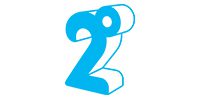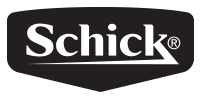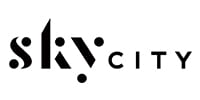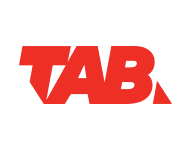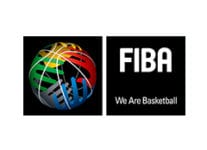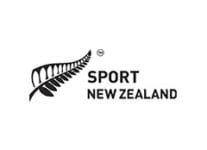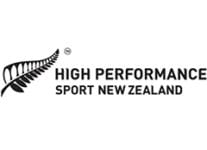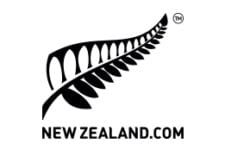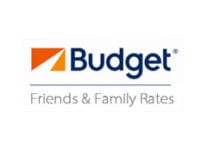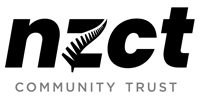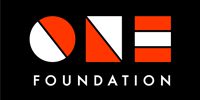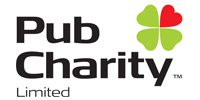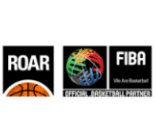It’s not just New Zealand athletes and coaches who have been making their mark on the international basketball scene in recent times – a number of Kiwi referees have recently left a positive impact at several high-level FIBA competitions.
In the 3×3 setting, Hamish Dale has recently been granted his FIBA 3×3 referee licence after attending a FIBA 3×3 officiating clinic in China back in June; held in conjunction with a FIBA 3×3 U23 Nations League tournament / U21 Asia-Pacific tour.
As well as attending the training sessions on various topics related to 3×3 refereeing, Dale also refereed 17 games during the tournament. He says it was an incredible experience that gave him to ability – and the confidence – to officiate more FIBA 3×3 tournaments in the future.
“It was an awesome eye-opening experience refereeing with people from China, Korea, and Indonesia with teams coming from USA, China, Chile, Japan, and Mongolia,” says Dale.
“We had to complete a rules exam, an English test, and numerous on-court evaluations – all in the 40-degree heat. I’m very thankful to BBNZ for nominating me and to FIBA for facilitating such a great experience.”
In the traditional 5 on 5 basketball setting, four Kiwi referees have been in action over recent months at FIBA tournaments around the world; Ryan Jones and Callum Welch at the FIBA Asia Women’s Cup in Sydney from 26 June – 2 July, while Sasha Nicholson was at the U16 Asian Women’s Championship on 10 – 16 July in Amman, Jordan. And official Marty Davison was active at the FIBA U19 Women’s World Cup in Madrid, Spain from 15 – 23 July.
For current Sal’s NBL Referee of the Year Welch, the FIBA Asia Cup was a great opportunity for him to referee at a level he hadn’t experienced previously.
“It was an awesome experience, it was my first open grade competition so the step up from something like the U16 boy’s Asian champs to the Women’s Asia Cup is pretty big – I went in eyes wide open and was expecting it to be a big jump, so I wasn’t surprised,” says Welch.
“It was a level above in terms of professionalism, the levels of preparedness needed by referees heading into each game, the attention to detail. It was awesome to learn and be mentored by people that have a lot of international referee experience.”
Welch says FIBA have a clear vision and expectations for how the game should be called.
“This is an elite level competition, so the framework they put in place for how the game should be called reflects this. There’s a huge amount of focus on single whistle calls, and knowing on any given play which of the three referees is the primary on that play. There’s also a much bigger emphasis on open angle calling; it’s a simple concept but it takes a bit of re-wiring of your own refereeing patterns.
“When you’ve refereed a certain way for years, you have to re-think what you know and ask yourself ‘do I have all the information I need to make a call, do I have the open angle? It’s just a good change of thinking as it encourages accurate decision making, based on having a referee able to see the start, development and end of a play.
“While it was a tough adjustment at times to make, the idea of open angle calling and single whistle plays has helped me to see the game in a different light.”
Welch has some advice for those wanting to progress their basketball referee careers.
“I say just enjoy the process, don’t put too much pressure on yourself. If you have a genuine passion for calling the game, and you want to improve as a caller of the game, then take the opportunities when they present yourselves – involve yourself at the community level and use it as an opportunity to work on your game, instead of just showing up to do a job. As long as you’re willing to put in the work and be patient, the rewards will come in time.
“And as referees, we can be put in some difficult and compromised situations where we feel like the focus has been put on us for missing calls or making the wrong calls; so sometimes the best outcome for a referee is to go unnoticed in a game.
“If you bring the attitude of wanting to serve the game, you leave your ego at the door and you have the humility to admit when you’ve made a mistake – and learn from those mistakes and use it an opportunity to improve your game – then you can do well.”
Find out more about becoming a referee at https://nz.basketball/officials-hub/





